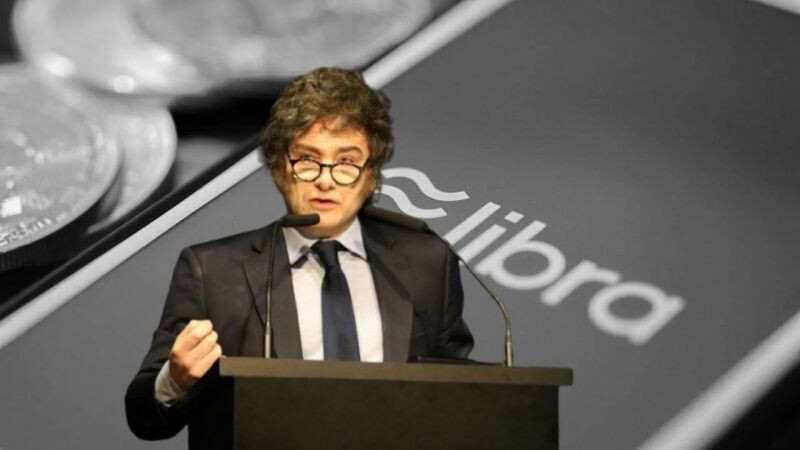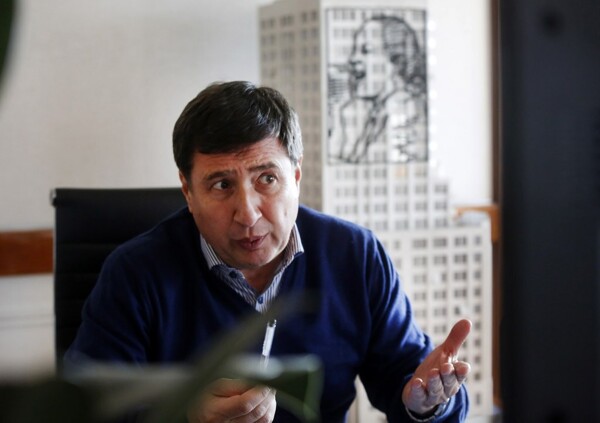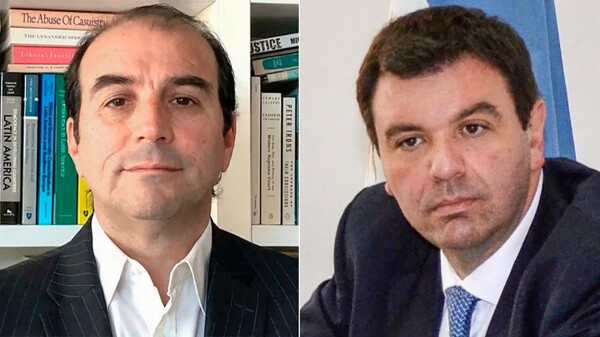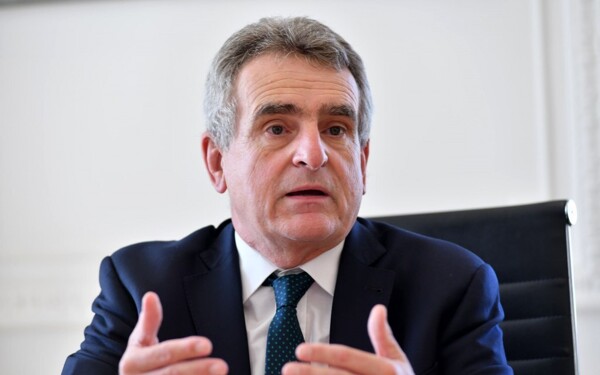
President Javier Milei, his sister Karina, and Santiago Caputo have been involved in a scandal that has sparked various accusations. Julieta Waisgold, a political communication consultant, emphasizes that this case is different from previous ones, as it is not related to political decisions but rather to the president's conduct and the doubts it raises.
Waisgold points out that it is crucial to ascertain whether Milei is involved in a questionable business. For his part, Fara observes that the government must shift the focus of the discussion and stop talking about issues that could harm its image. Additionally, he highlights the lack of coherence in the official narrative.
According to Waisgold, the evolution of the scandal is unpredictable due to the number of actors involved and the apparent lack of action from the government. In this context, she emphasizes the importance of transparency and building alliances to regain trust.
Carlos Fara criticizes the government's initial silence in the face of the scandal, noting that it opened the door to rumors and a lack of credible responses. Florencia Filadoro agrees that official communication has failed by not adequately explaining the situation and allowing the opposition and media to develop their arguments.
For Filadoro, the lack of coherence in the communication strategy has led to a loss of control over the public agenda. Furthermore, she highlights that the scandal has affected the most relevant figures in the government. In this context, it becomes even more crucial to respond effectively and quickly to prevent further damage to the government's image.
Fara criticizes the lack of clarity in official communication and notes that events like the television interview have not helped clarify the situation. Both consultants agree on the importance of regaining control of the narrative and preventing the scandal from escalating further.














